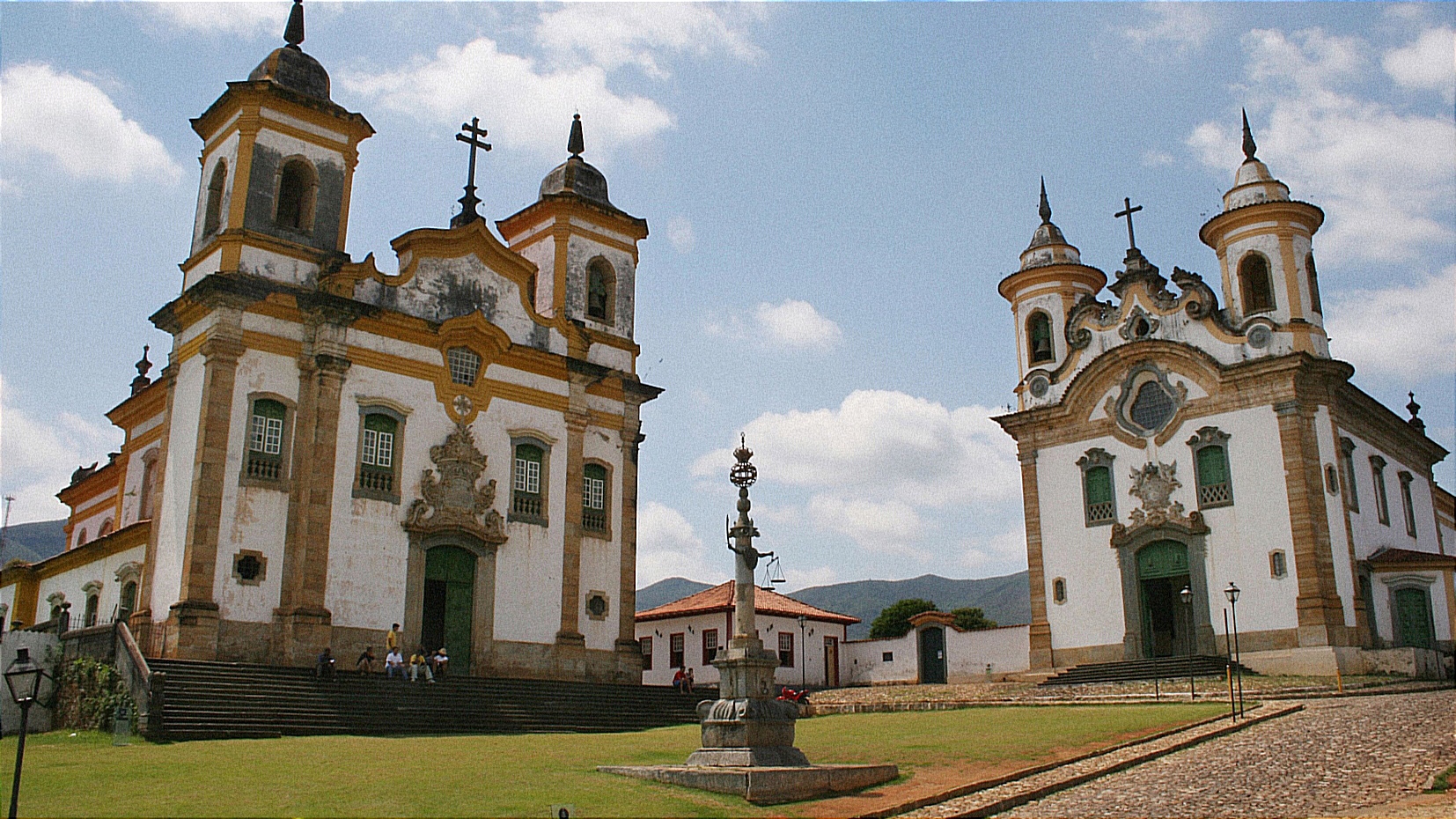The city of Mariana
Mariana, the first village, city and capital of Minas Gerais’ state, is a town located in the Inconfidentes region, and it’s 110km away from the capital, Belo Horizonte. It gained historical prominence by being the great responsible for gold mining to the Portuguese Empire. It was the only one with citizenship in the region during the colonial period, and was later elevated to the level of capital of the Captaincy of Minas Gerais.
In the 17th century, the first colonial core of future Minas Gerais (general mines) was founded, and the city of Mariana received such a name as an homage to the queen Maria Ana de Áustria. The city was the first place in the captaincy to receive justice courts and became the center of commerce and instruction in Minas Gerais. In 1743, by order of the Portuguese government, the architect José Fernandes Pinto Alopim elaborated his architectural project, having these traits as differentials. The city’s cultural richness is in the preserved historical beauties and the historical center was overturned by IPHAN in 1945.
Mariana’s municipality is located to the south of Serra do Espinhaço, in the Metallurgical Zone (Zona Metalúrgica) of Minas Gerais, also known as Iron Quadrilateral (Quadrilátero Ferrífero), and is at 697 meters high. It borders with the cities of Ouro Preto, Barra Longa, Diogo de Vasconcelos, Acaiaca, Piranga, Catas Altas, and Alvinópolis. It's around 12km away from Ouro Preto. It is situated at Doce River’s Basin, bathed by Carmo’s River, which has two affluents: North’s Gualaxo and South’s Gualaxo. It’s maximum altitude is 1772 meters at Itacolomi’s Peak.
Academic units in Mariana
| The Institute of Social and Applied Sciences (ICSA): created after UFOP joined the Federal Universities Restructuring and Expansion Plan (Reuni), it houses four undergraduate Programs in the Mariana Campus, i.e. Social Work, Administration, Economics and Journalism, besides some graduate programs. The institute is known for its curricular flexibility and for combining new technologies with reflection on social relations. | |
| The Institute of Humanities and Social Sciences (ICHS): trains teachers to work in basic education networks since its foundation in 1979. The institute emerged from the incorporation of the Faculty of Philosophy of Mariana (FAFIM) and the Catholic University of Minas Gerais by UFOP. Currently, ICHS offers undergraduate programs in History, Letters and Pedagogy, and graduate programs in the areas of History, Letters and Education. |









